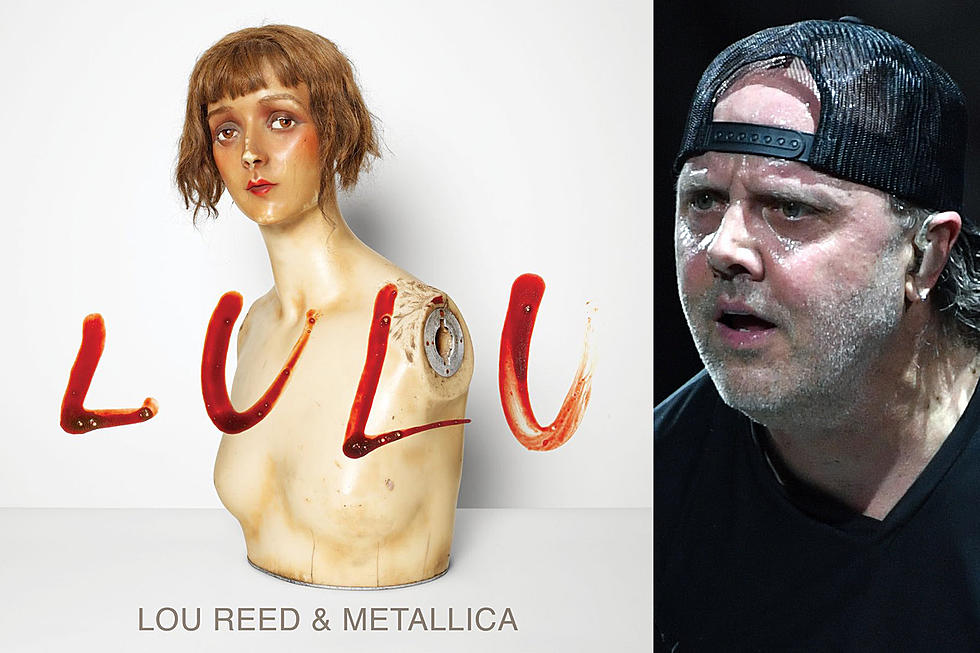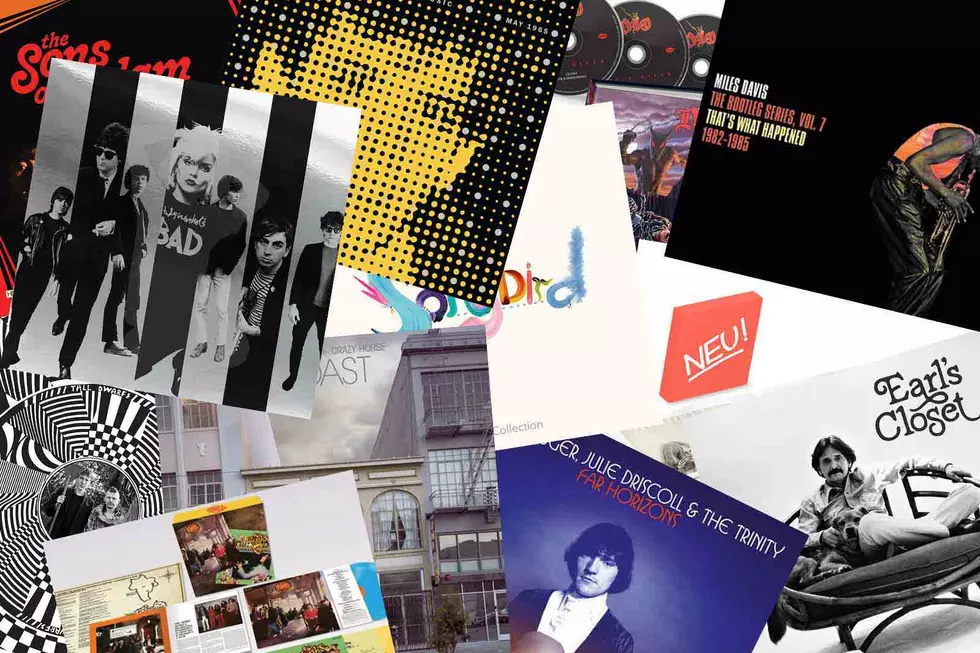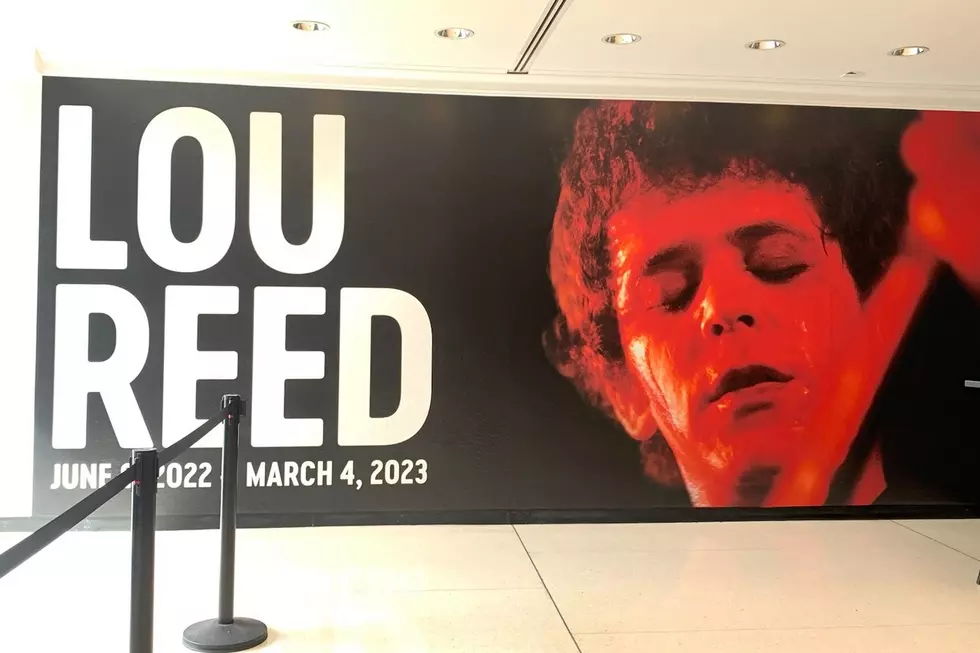35 Years Ago: Lou Reed Strips Down and Makes His Best Album in Years, ‘The Blue Mask’
Lou Reed's career was in a rut as the '70s turned into the '80s.
Not counting the great live album made in 1974, Rock 'n' Roll Animal, the records he released after the one-two punch of Transformer and Berlin in 1972 and 1973, respectively, were pretty forgettable.
Coney Island Baby (from 1976) and Street Hassle (1978) showed signs of the old spark that drove Reed when he led the Velvet Underground in the '60s. But the period is mostly dotted with troubled albums like Sally Can't Dance, The Bells and the unlistenable Metal Machine Music. That was all about to change in 1982, when Reed signed a new deal with RCA Records, stripped down and made The Blue Mask -- his best album since the mid '70s.
Unlike his previous few albums -- which incorporated horns, keyboards, choruses of backup singers and other embellishes -- The Blue Mask was basically Reed on vocals and guitar, Richard Hell and the Voidoids guitarist Robert Quine, bassist Fernando Saunders (who started his long tenure with Reed here) and Doane Perry, who joined Jethro Tull two years later, on drums.
The record marked a return to the grittier, streetwise sound Reed successfully explored with the Velvet Underground and on his earliest solo albums. If the point wasn't made clear enough with the 10 songs, the album's cover art -- designed by Reed's wife -- was a blue-hued take on Transformer's famous artwork.
While the subject matter -- occasional domestic bliss, semi-peaceful ruminations -- was a bit more worldly than the S&M fantasies and drug trips Reed, who was about to turn 40, wrote about 15 years earlier, the music was as snarling, cutting and nearly as abrasive as that on the records that made him one of the '60s' most influential figures.
From the opening "My House" -- at five and half minutes, the album's longest track -- to the closing "Heavenly Arms," The Blue Mask is an album of love songs for people who don't particularly like love songs. It's no accident that one of the songs about his wife, "The Heroine," bears a resemblance in its title to one of Reed's most famous Velvet Underground songs. That love, indeed, is a drug was pretty much the message here.
There are plenty of mood swings on The Blue Mask, which was released, fittingly, a week and a half after Valentine's Day in 1982. It isn't all happy in Reed's house (he and his wife eventually divorced), and there's enough rage, jealousy and heartbreak to keep a marriage counselor busy for months. The music slashes and tears throughout, especially Quine and Reed's guitar interplay, the fiercest on a Reed record since his Velvet Underground days.
Not so surprisingly, few people cared. Continuing a downward trend going back to the mid '70s, The Blue Mask was Reed's lowest-charting album since Metal Machine Music (which didn't chart at all). He'd regain a little traction in a couple years, until he ended the decade with one of his best albums, 1989's New York, another sort of love letter.
That said, commercial aspirations were rarely part of Reed's plans -- especially at this stage of the game. What mattered more was re-balancing a career that skidded off track. The Blue Mask, scars and all, got him back on.
The Top 100 Albums of the '80s
More From Ultimate Classic Rock









